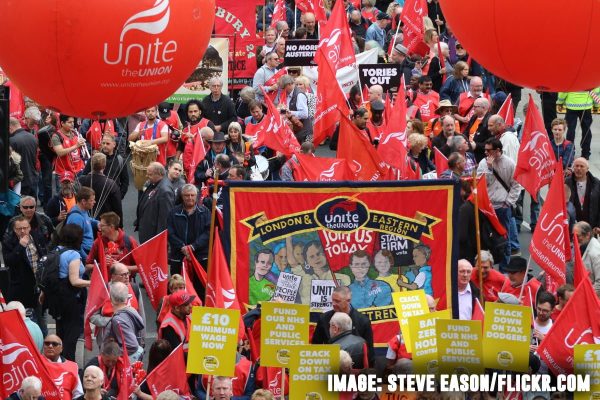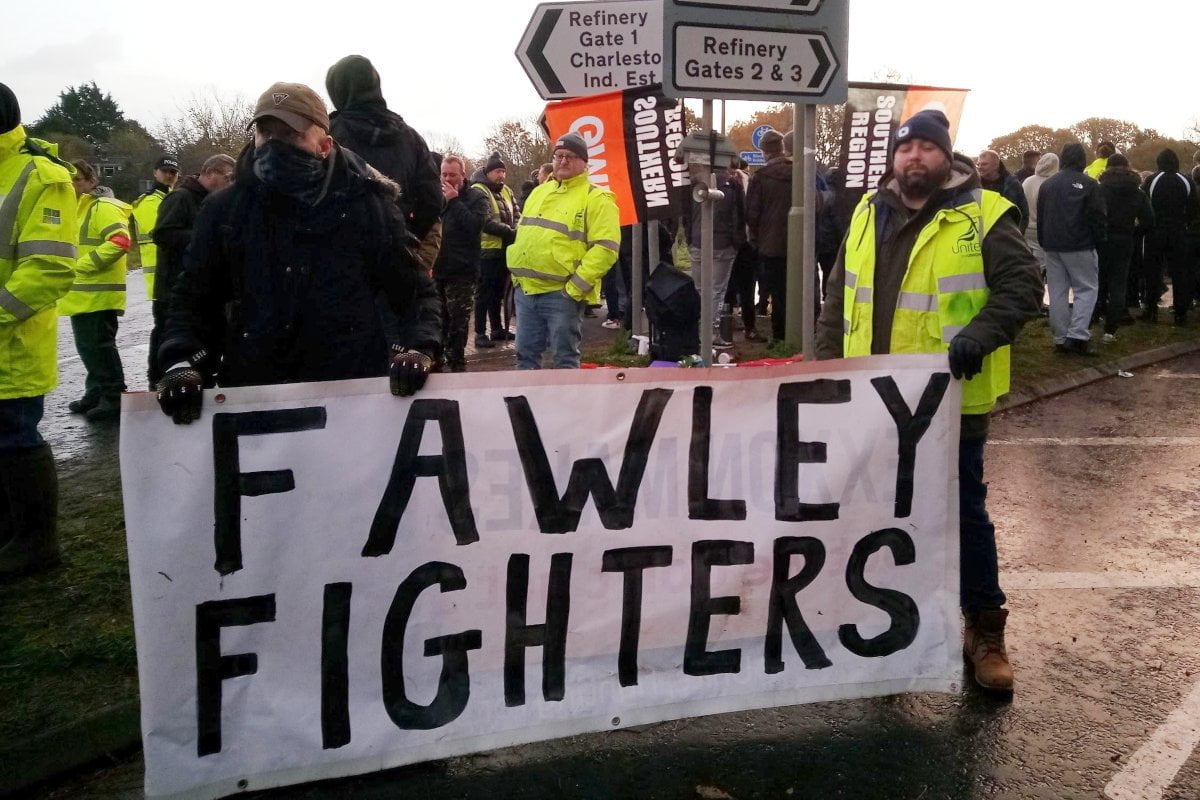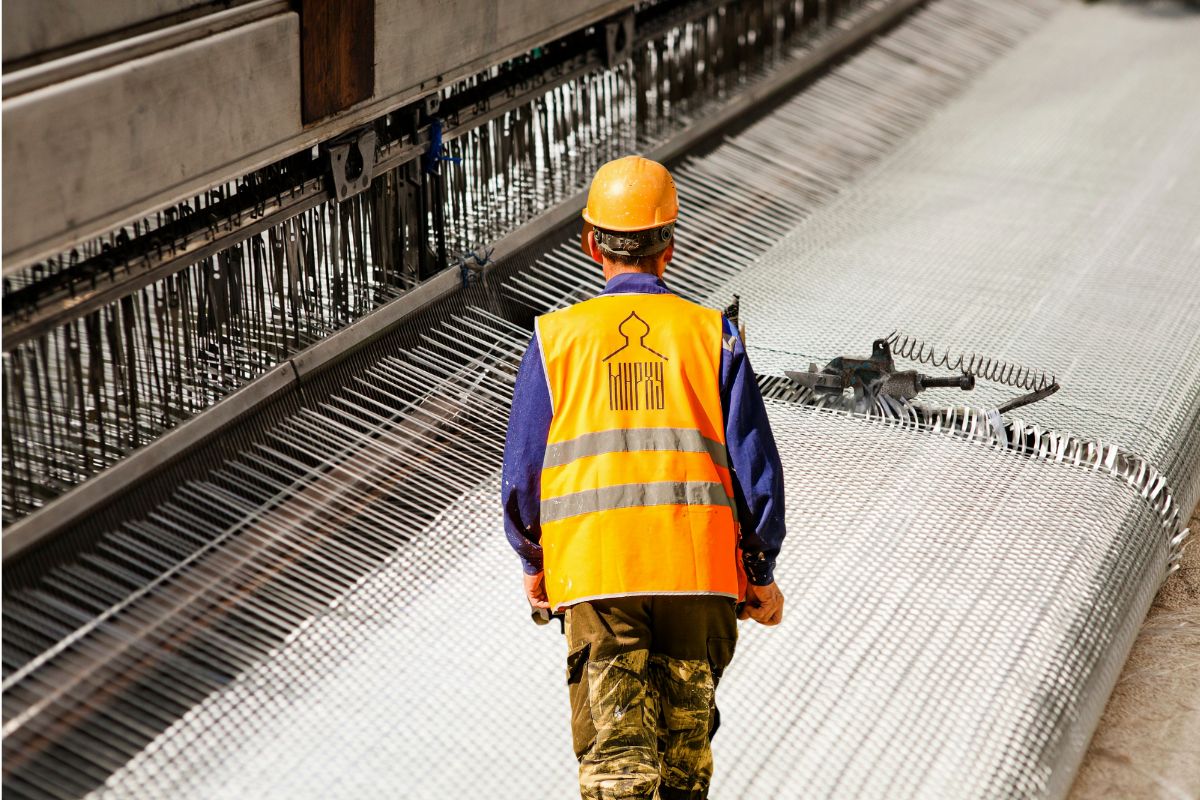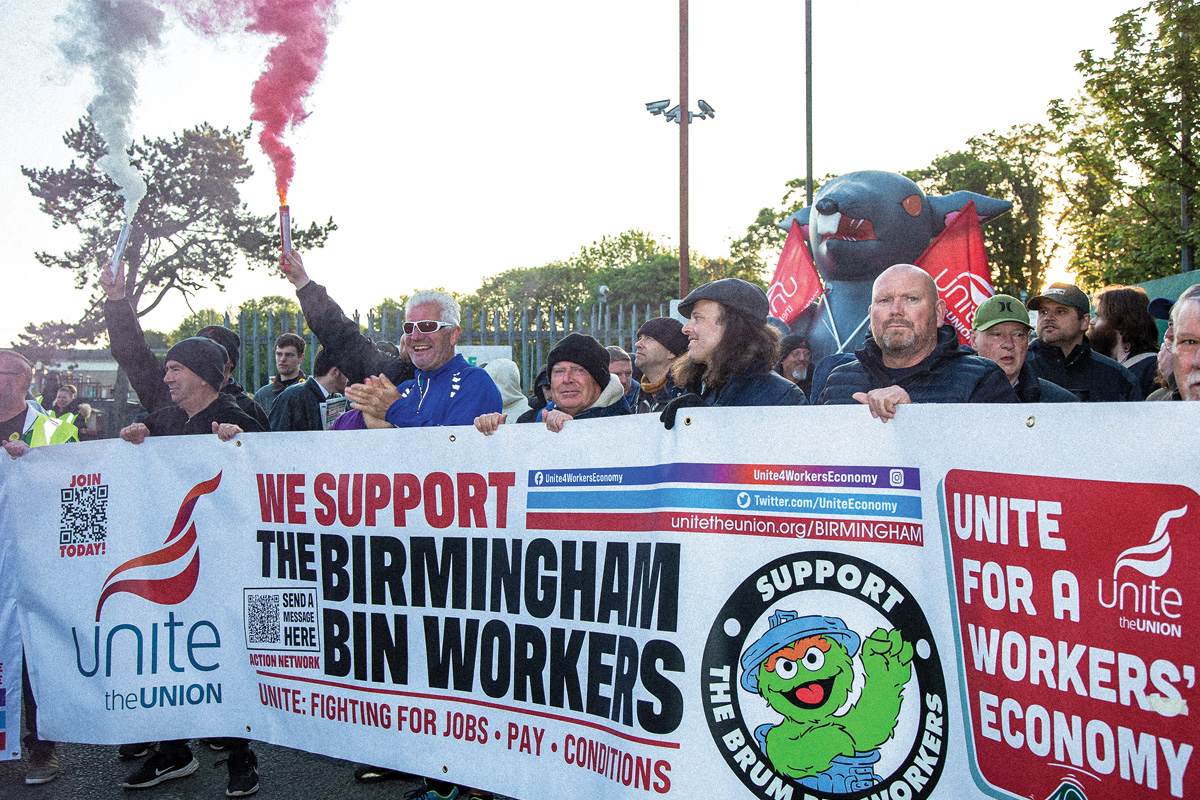Hundreds of engineering construction workers at the Fawley oil refinery are being balloted for strike action.
This is part of a wider vote amongst 3,000 Unite and GMB members at refineries, power stations, and pharmaceutical and petro-chemical plants across the country, covering workers operating under the National Agreement for Engineering Construction Industry (NAECI).
The ballot will close in mid-October, with strikes scheduled to start soon after, by the end of next month. Along with Fawley, other sites facing potential disruption include the Grangemouth refinery and petro-chemical plant, and the Sellafield and Drax power stations.
The dispute is primarily over pay, with workers only receiving pathetic increases of a mere 2.5% for each of the last two years. In this same period, inflation has skyrocketed to multi-decade highs. This has driven the purchasing power of workers’ wages lower and lower.
All the while, the owners of these refineries and plants – including the fossil fuel giants and Big Pharma companies – have been raking in billions in profit every year.
Strength
This industrial action vote was called after union members rightly rejected the employers’ offer of a two-year deal for 2024-25, based on a 6% per year average increase. This is not nearly enough to restore wages for NAECI workers.
In an effort to avoid a damaging blow to their profits, construction bosses have subsequently come back with a revised ‘take it or leave it’ offer, including a 10% pay rise for next year and a 5% increase for the year after.
In a letter to union negotiators, John Simpson, managing director of the Engineering Construction Industry Association, admitted that “industrial action would be extremely damaging”.
Stripping away all the belligerence and bravado, this reveals the fear that grips the bosses about the prospect of mass militant action shutting down industry – and, in turn, the incredible strength on the side of the workers.
At the time of writing, it remains to be seen whether the unions and their members will accept this latest offer. Either way, it is clear that workers have got the bosses on the run.
Safety
 Alongside grievances over pay, at Fawley, cuts to maintenance crews have also made the work more dangerous. Last year, a heavy steel platform collapsed on site, damaging nearby pipes. The gas from these almost came into contact with a heat exchanger. If it had, this would have blown up the entire refinery.
Alongside grievances over pay, at Fawley, cuts to maintenance crews have also made the work more dangerous. Last year, a heavy steel platform collapsed on site, damaging nearby pipes. The gas from these almost came into contact with a heat exchanger. If it had, this would have blown up the entire refinery.
Workers continue to face the risk of these declining safety standards. Over the summer, refinery staff sent Socialist Appeal comrades pictures of some of the destruction on the site (as shown).
But the workers are fighting back. Late last year, workers formed a hard picket outside the refinery – the first action of this kind seen for decades in this country. The militancy of the workers was on full display.
Scandalously, the police even tried to arrest a union rep under false pretences. In response, the workers formed a firm blockade, refusing to let the police leave until they released the rep.
Militancy
 Should Unite and GMB members vote to take action in the NAECI dispute, we can expect a surge of explosive strikes across UK industry.
Should Unite and GMB members vote to take action in the NAECI dispute, we can expect a surge of explosive strikes across UK industry.
At Fawley, as elsewhere, the bosses have proven to be stubborn bullies. The workers, meanwhile, have proven themselves to be a fierce fighting force.
As workers have learned from the last year’s strike wave: militancy pays.
It is vital that the Fawley fighters do not back down. Unite and GMB members in industry hold an enormous potential power in their hands. They must use this to hit the bosses in the profits, win what they deserve, and show the way forward for workers everywhere.






